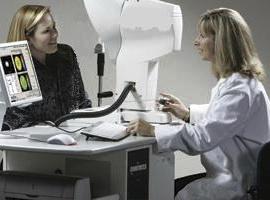European Project ComplexDis
The hypothesis that supports this new project is that the complexity theory could be used to find the underlying mechanisms of diseases and therefore utilized in order to develop predictive models of complex diseases. The models must be validated experimental and can then be utilized to resolve a real clinical problem, for example find the biological marker in order to personalize pharmacological treatments in diseases such as allergy and multiple sclerosis. This project consists of a multidisciplinary project between biologists, immunologists, European and US geneticists and it meets the objectives of the second nest pathfinder. It foresees the application of the science of complexity to a central problem, or how to identify and comprehend, in a functional manner, the new models of interaction between genes and diseases, and it foresees 8 workpackages covering various aspects, entrusted to various research centres. Our group is leader of workpackage 6 of the project, which includes the study of monozygotic twins who match for allergic rhinitis in Italians and Swedes (who have never carried our immunotherapy). Detailed studies in single genes have demonstrated that cortisone reduces the expressions of the gene in question in some patients but not in others, and that this is linked to the polymorphism in the regulatory cis of the gene. This leads to the hypothesis that there might be a sort of genetic variability in its gene expression, responsible for a different response to treatment with steroid. This project represents the first parts of a study on genetic markers which will be applied in the future to patients with food allergy.




